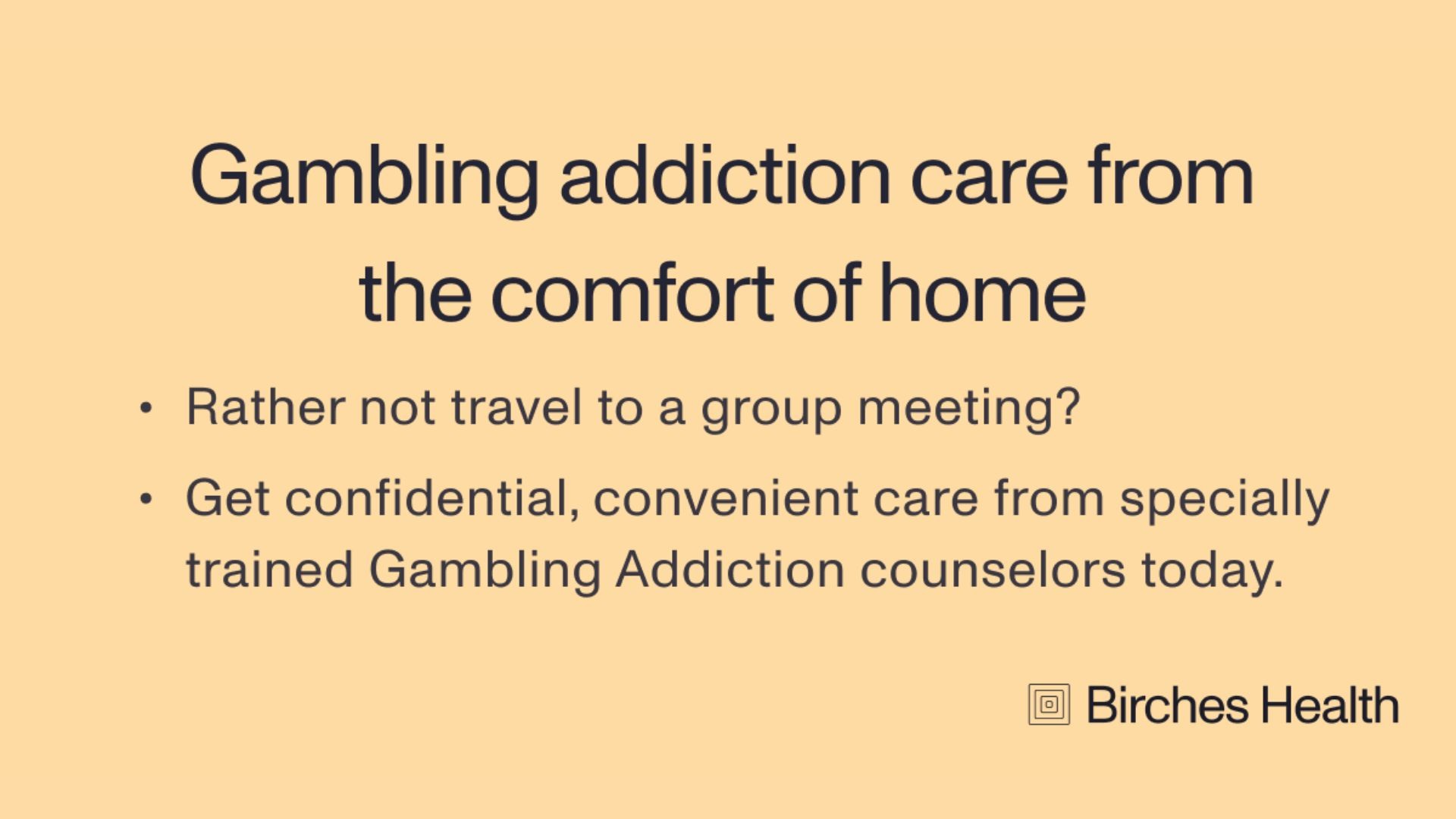The “Pathways Model” of Gambling Addiction
Published:
Sep 6, 2025
,
12:33 p.m.
ET
Key Points:
The Pathways Model was created by psychologists Alex Blaszczynski and Lia Nower in 2002, but its positive impact is still being felt over two decades later.
In the model, there are three pathways that can lead to gambling addiction.
This model is still widely accepted and used to help identify causes and treat gambling addiction.
More recent research suggests updates can further improve the Pathways Model.
—————
Gambling addiction is a complex disorder, so the identification and treatment of it can be equally difficult. Two psychologists, Alex Blaszczynski and Lia Nower, created the Pathways Model of Gambling Addiction over two decades ago and have revolutionized the way gambling disorder presents and affects different types of gamblers. By recognizing certain behaviors, the Pathways Model can help distinguish what type of interventions may be beneficial when treating gambling addiction in different individuals.
What is the Pathways Model of Gambling Addiction?
The Pathways Model of Gambling Addiction purports that individuals develop gambling addiction through specific pathways. These pathways are distinguished by various risk factors and motivations for gambling. This model indicates three specific pathways that can lead to the development of gambling addiction. The three different pathway types include Behaviorally Conditioned (BC), Emotionally Vulnerable (EV) and Antisocial/Impulsivist (AI). This model is beneficial in identifying specific gambling behavior that would respond to various types of individualized treatment, depending on the pathway.
The 3 Pathways of the Gambling Addiction Pathways Model
Behaviorally Conditioned (BC)
In the Behaviorally Conditioned pathway, it is believed that an individual develops a gambling addiction through learned behavioral conditioning and certain distorted gambling-related beliefs. This behavior includes continued participation in gambling over time and unfounded ideas regarding the likelihood of winning or odds as they continue to gamble. Individuals defined as BC may display characteristics such as:
Preoccupation with gambling
Inability to stop gambling
Chasing losses
Hiding or lying about gambling behaviors
Prioritizing gambling over other responsibilities
This pathway type does not typically have any other comorbidities or mental health diagnosis with their addiction stemming from faulty beliefs and repeated exposure to gambling. Treating an individual with a Behaviorally Conditioned pathway may include behavioral and cognitive therapy techniques.
Emotionally Vulnerable (EV)
The Emotionally Vulnerable pathway describes individuals who present with pre-existing vulnerabilities or mental health diagnoses. These can include mood disorders, history of trauma or poor coping mechanisms. Individuals with EV pathways may use gambling as a way to cope with their negative emotions or situations, and escape uncomfortable feelings. Research into gambling addiction causes show a strong correlation between emotional instability and gambling addiction. Common symptoms that may occur with the EV pathway include:
Symptoms of depression of anxiety
Lack of pleasure in daily activities
Feelings of fatigue
Difficulty concentrating
Suicidal ideations
Antisocial/Impulsivist (AI)
Individuals with an Antisocial/Impulsivist pathway are considered to have the most severe gambling disorder behaviors. The AI (not Artificial Intelligence) pathway is typically associated with other behavioral issues such as suicidality, criminal behavior, low tolerance for boredom and irritability. Individuals with the AI model are often risk-takers and display antisocial behavior, both of which are characteristics seen in severe gambling addiction. Other addictions may also be present in someone with the AI model.
Behaviors commonly seen in those with AI can include:
Difficulty identifying or describing feelings
Compulsive behavior related to rewarding behavior (gambling)
Participates in illegal activities
Ignores or rebels against societal norms

To connect with Birches, you can click here, call 833-483-3838 or email help@bircheshealth.com
Who developed the Pathways Model? When?
The Pathways Model was created by Alex Blaszczynski of the University of Sydney and Lia Nower of Rutgers University (NJ) in 2002. Blaszynski and Nower combined biological, environmental, developmental and cognitive factors to create the three pathways that can lead to problematic gambling.
How widely accepted is the Pathways Model?
The Pathways Model is widely used and accepted as an approach in classifying gambling addiction types. A number of studies over the past twenty years have confirmed the validity of using the model to identify gambling subtypes. The Pathways Model has been cited over 2000 times since its conception in 2002 and has been influential in clinical psychology, psychiatry and medical professionals who treat gambling addiction. This model has helped create a more holistic approach to treating those with gambling addiction and using an interdisciplinary team to better serve this specialized population.
Critiques and recommended updates
While the Pathways Model is popular among clinicians to identify and treat gambling disorders, research has suggested certain updates be made to the model to make it more comprehensive. One study recommended a longitudinal study to determine if individuals transfer between pathways over time. It also suggests looking at what co-occurring disorders emerge over time depending on the individual pathways.
How the Pathways Model influences Gambling Addiction treatment
The Pathways Model proposes important suggestions for gambling prevention and treatment based on gambling type. While those in the EV and AI pathways may be easier to identify based on their behavior, those who fall into the BC group may slip under the radar when using traditional identification methods.
Treatment using the Pathways Model allows for individualized planning that addresses the specific causes and triggers for each scenario. Treatment needs will also depend on an individual's severity of behavior and access to care.
Birches Health offers virtual support with therapists who are trained in treating gambling addiction. Birches help remove barriers to treatment such as location or cost. If you or a loved one is struggling with a type of gambling addiction, you can reach out to Birches for more information on next steps.
Call 833-483-3838
Email help@bircheshealth.com





